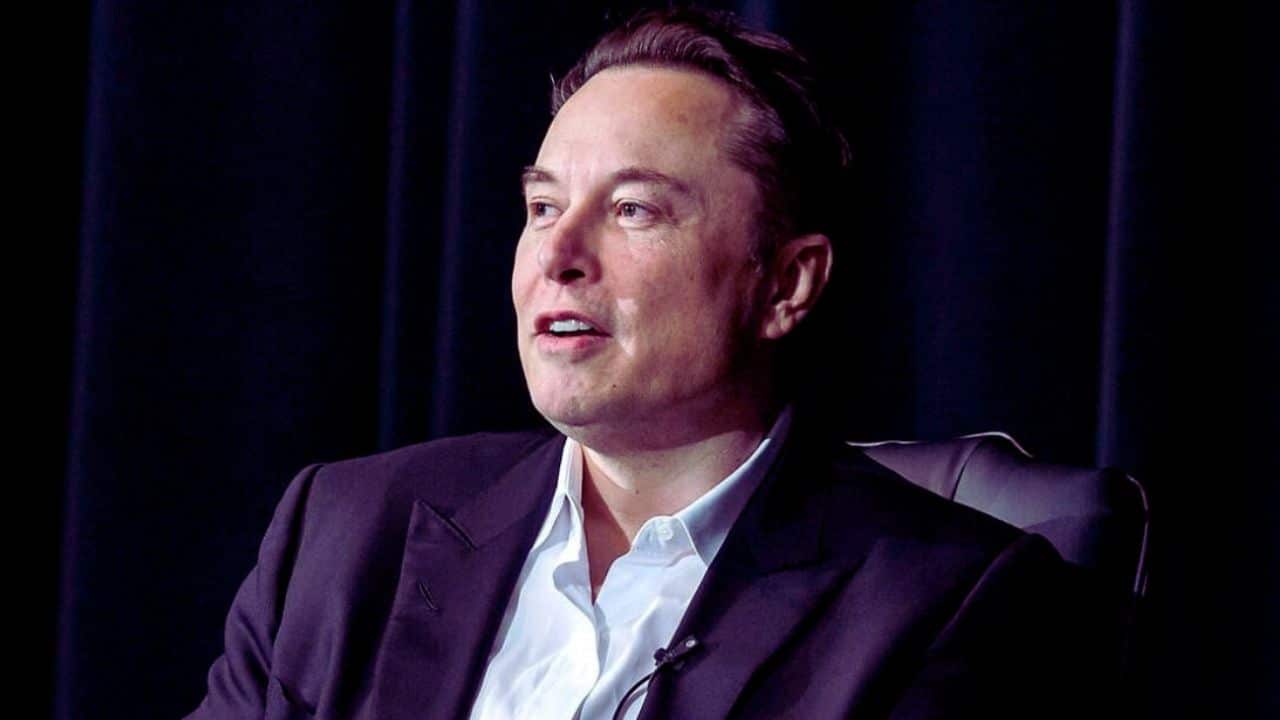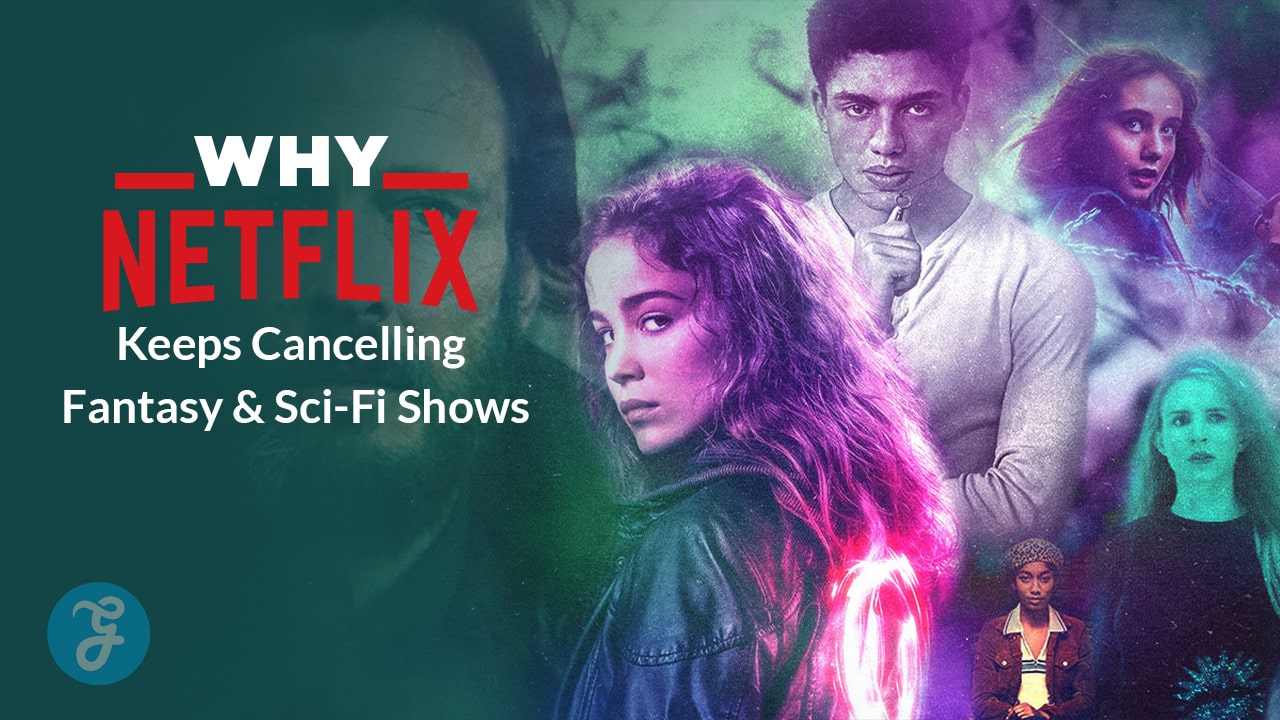Elon Musk, the CEO of Tesla and SpaceX, has declined a Nobel Peace Prize nomination, stating that he has no interest in receiving awards. The nomination was submitted by European Parliament member Branko Grims, who praised Musk’s commitment to free speech, particularly after his acquisition of Twitter, now rebranded as X.
Musk responded to the nomination with a brief but firm message on X, the social media platform he owns: “I don’t want any prizes.” This statement reinforces his long-standing stance against seeking formal recognition for his work.
I don’t want any prizes
— Elon Musk (@elonmusk) January 29, 2025
Why Was Musk Nominated?
Branko Grims, a Slovenian politician, put forward Musk’s name for the Nobel Peace Prize in recognition of his role in promoting free speech. Musk’s acquisition of Twitter in 2022 was seen by many as a pivotal moment for online expression. Under his leadership, X has implemented policies aimed at reducing censorship, reinstating previously banned accounts, and rolling back strict content moderation rules.
The proposal that Mr. Elon Musk, for his consistent support for the fundamental human right of freedom of speech and thus for peace, receives the Nobel Peace Prize 2025, was successfully submitted today. Sincere thanks to all the co-proposers and everyone who helped with this… pic.twitter.com/QdI4fnbzdU
— Branko Grims (@BrankoGrimsX1) January 29, 2025
Supporters argue that Musk has played a significant role in ensuring digital platforms remain spaces for open discussion, particularly by allowing controversial voices back into the conversation.
Mixed Reactions to Musk’s Free Speech Stance
While Musk’s supporters see his policies as a victory for free expression, his leadership of X has also sparked controversy. Critics argue that reduced moderation has led to an increase in misinformation, harassment, and hate speech. Many worry that loosening content restrictions could harm public discourse and contribute to the spread of harmful narratives.
Despite the backlash, Musk has remained firm in his belief that social media platforms should encourage open dialogue rather than restrict it. His rejection of the Nobel Peace Prize nomination is in line with his previous statements that he is more focused on advancing technology and innovation than receiving personal accolades.
How the Nobel Peace Prize Selection Works?
The Nobel Peace Prize is one of the most prestigious global awards, recognizing individuals and organizations that contribute to peace and human rights. The selection process follows a strict evaluation system:
- Nominations: Each year, invitations to nominate candidates are sent out in September. These invitations go to qualified individuals, including politicians, academics, and former laureates.
- Deadline: Nominations must be submitted by January 31 of the following year.
- Review and Shortlisting: In February, the Nobel Committee reviews all submissions and creates a shortlist of candidates. This stage ensures that nominees meet the necessary criteria.
Despite his nomination, Musk’s outright refusal means he will not be considered in the final selection process.
Musk’s Legacy Beyond Awards
This is not the first time Musk has dismissed awards and honors. He has previously stated that he is more interested in making tangible changes in technology, space exploration, and artificial intelligence than in receiving recognition. From pioneering electric vehicles at Tesla to launching missions to Mars through SpaceX, Musk’s focus has always been on future advancements rather than personal acclaim.
While he may have declined the Nobel Peace Prize nomination, Musk’s influence on global discussions about free speech and technology remains undeniable. Whether one sees him as a champion of free expression or a controversial figure, his impact continues to shape the modern digital landscape.


































